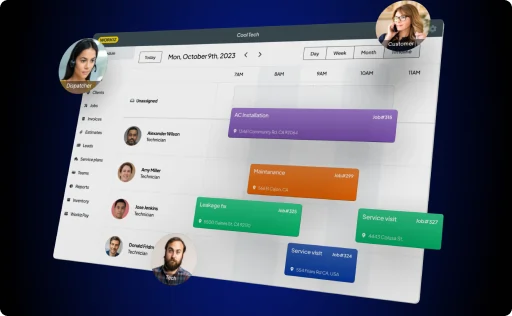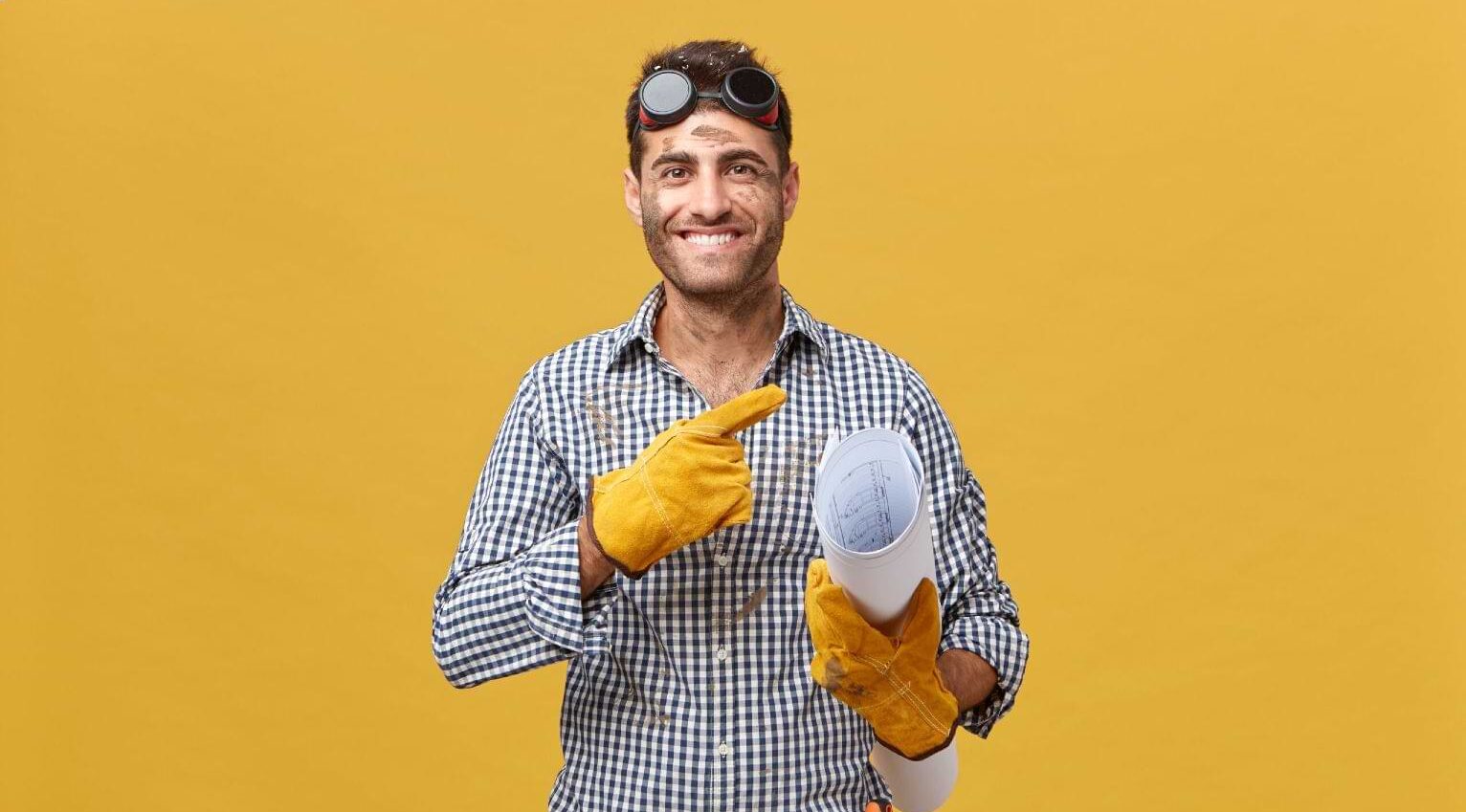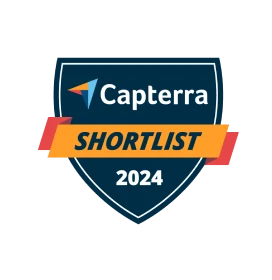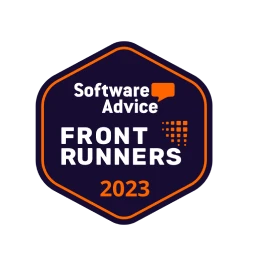No wonder plumbing is a fundamental part of modern-day life. Without it, the civilized world we know and love would not exist (let alone in good health)! However, it takes a vast workforce of professional plumbers to keep our precious plumbing systems running smoothly, which is why plumber training is uncompromisable. There are an estimated 480,600 licensed plumbers in the US alone. This hundred billion dollar industry has grown an average of 3.0% per year since 2016 (compared to a 1.6% increase in the electric industry and 2.1% in HVAC) and shows few signs of slowing down.
As new construction charges ahead and older individuals exit the labor force, there is demand for a new generation of plumbing pros to step up. According to the US Bureau of Labor Statistics, there will be an average of 51,000 employment openings for plumbers every year until 2030.
To snap up one of these job opportunities, first, you’ll need to know how to get a plumbing license. The main license types are apprentice, journeyman, and master, although there is some variation between states. There is no nationwide plumbing license in Northern America.
How to get a plumbing license involves a mix of education, experience, and examination.
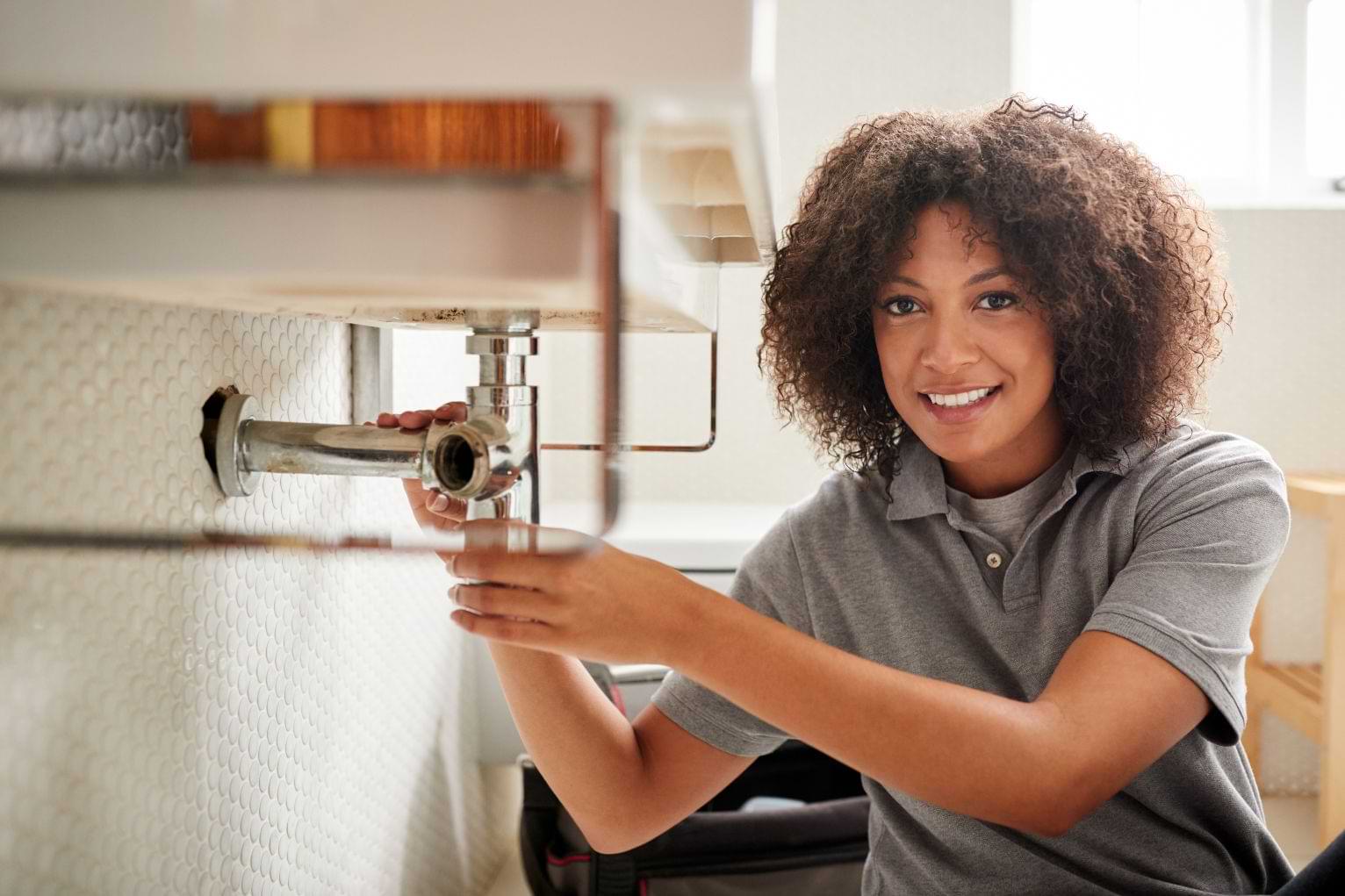
How much do plumbers make a year?
The top 10% of earners in the plumbing industry took home over $98,900 last year. On the other end of the spectrum, the lowest 10% earned less than $33,460.
The median annual wage for US plumbers is $56,330. That works out at $27.08 per hour, based on a full-time, 40-hour workweek.
Apprentices earn the least dollar amount, as they are the most inexperienced. Master plumbers generally have the highest salaries, and a journeyman plumber salary is somewhere in between.
As well as experience, your location can influence how much you earn as a plumber (as you can also see on our job calculator). Statistically, Alaska is the best-paying state, where plumbers take home an average annual salary of $88,150.
Thinking of relocating? These are the 5 US states with the highest average plumber salaries:
- Alaska $88,150
- Illinois $87,880
- Massachusetts $80,860
- Minnesota $76,080
- New Jersey $75,840
Here’s how to get a plumbing license in 4 simple ways
How to get a plumbing license is usually straightforward. In most cases, you will need to apply with the state board of plumbing. The criteria change according to where you want to work, but some things are essential across the board.
- A valid certificate of liability insurance and property damage insurance
- Surety bonds
- Proof of workers’ compensation (aka. workman’s comp) if you will employ staff
- Completed application form and license fee
- Evidence of experience and professional recommendations
- Relevant course completions and certifications
- Passed license examination
- State registration information for your business entity
Some states have additional requirements when it comes to how you get a plumbing license. For example, you may need to submit a full set of fingerprints and undergo a criminal background check.
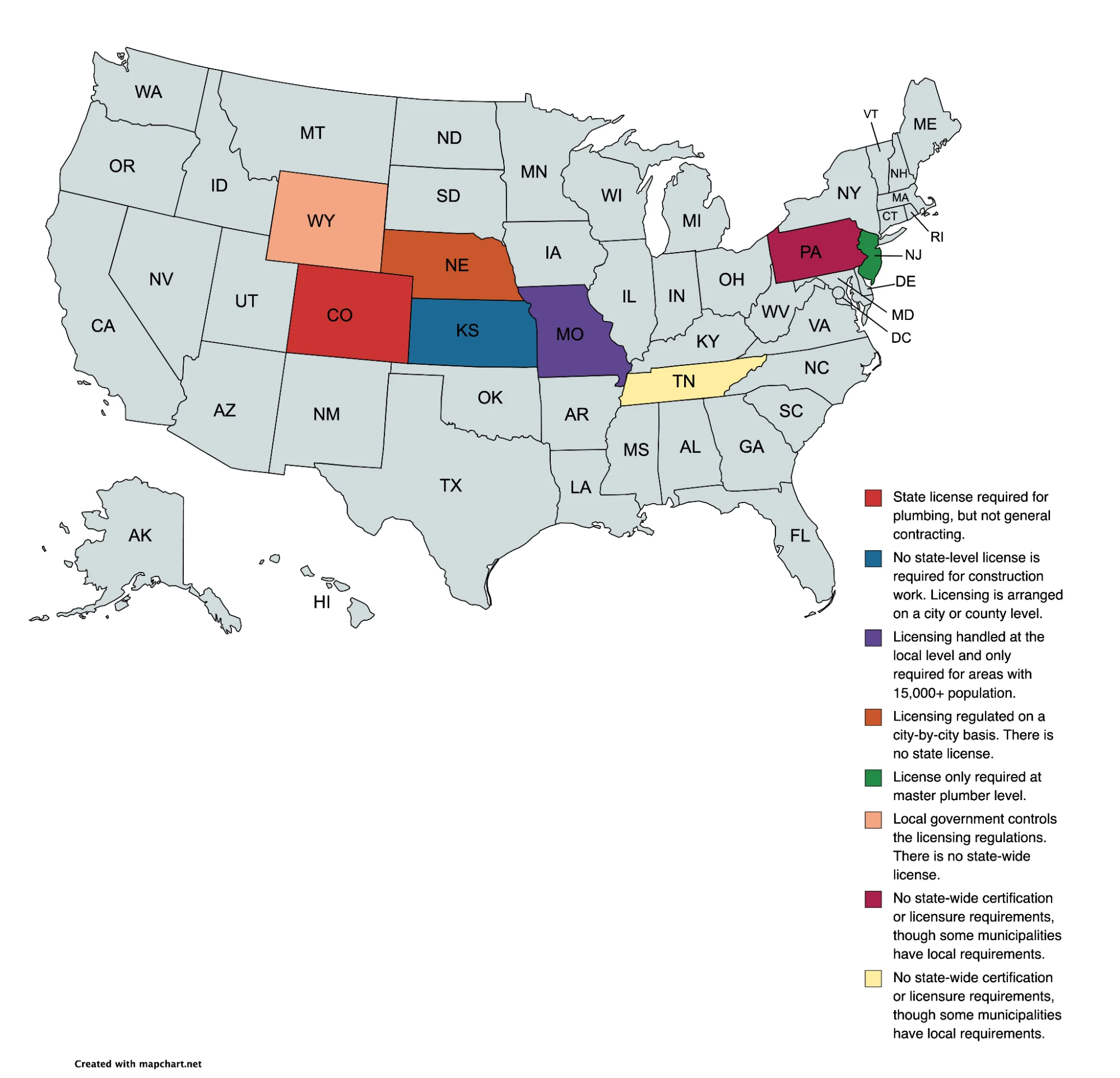
Some states don’t comply with the usual state licensing format and have their own unique rules:
How to get a plumbing license in Colorado: There is no state license for general contracting, although you need a state license for plumbing.
How to get a plumbing license in Kansas: Licensing is arranged on a city or county level. It is not necessary to be licensed to do construction work at the state level.
How to get a plumbing license in Missouri: You need a contractor license if you want to work in areas with a population of over 15,000. Licensing is dealt with at a local level, so you should contact the city or council where you intend to work.
How to get a plumbing license in Nebraska: Licensing is regulated on a city-by-city basis, and there is no state license.
How to get a plumbing license in New Jersey: You don’t need a license to work as a journeyman plumber, but you must register with the state. You do need a permit to work as a master plumber.
How to get a plumbing license in Pennsylvania: Currently, there are no certification or licensure requirements for construction workers, including plumbing contractors. Some municipalities have local requirements in place. You can find information by contacting the municipality directly.
How to get a plumbing license in Tennessee: For plumbing projects under $25,000, you can work with a limited plumber license. If you intend to carry out plumbing works that exceed $25,000, you must be fully licensed.
How to get a plumbing license in Wyoming: Local government controls the licensing regulations. There is no state-wide contractor license.
If you’re wondering how to get a plumbing license online, you’ll be pleased to know that many states have an online application system. However, you will usually need to appear in person to finalize the application process.
How to get a plumbing license in Canada works in a similar way to the US. Canada’s licensing is provided on a regional level, and training and certification vary between provinces.
#1 Look for a plumbing apprenticeship
Before you start thinking about how to get a journeyman or master plumbing license, you need some industry experience. Most plumbers begin their career as an apprentice to gain practical skills on-the-job.
As a minimum, you must be over 18 and have a high school diploma or GED to be accepted into an apprentice program. In some states, you will need to apply for an apprentice plumber license.
As an apprentice, you can work under the supervision of a journeyman or master plumber until you are ready to advance to journeyman yourself.
#2 How to get your journeyman plumbing license
How long it takes to get your journeyman plumbing license varies by state and takes your education and experience into account.
Usually, you will need at least four years of work in the field, although some states accept less. In these cases, you can use classroom hours to supplement your experience and help you reach the minimum threshold.
Once you meet the prerequisites, you may sit the journeyman exam. The exam will test your knowledge of state regulations, federal and local plumbing codes, and the installation, maintenance, and repair of plumbing systems.
#3 How to get a master plumbing license
After you’ve gained two or more years of experience as a journeyman, you can apply for a master plumbing license. This license is a must-have if you want to operate your own plumbing business.
How to get a master plumber license is much like how you get a journeyman plumber license. You will need to pass an exam to become a licensed master plumber.
To work as a contractor in some states, including California and Florida, you’ll need to pass additional exams that cover law, finance, and business.
#4 How to get a reciprocal plumbing license
Since there is no all-encompassing US or Canadian plumbing license, you will probably need multiple licenses if you want to work in more than one state or province. It’s essential that you know how to get a valid plumbing license for the area in which you want to work.
The good news is that if you already hold a plumbing license, you may not need to repeat the exam process to get licensed in another state. Many states have reciprocal agreements in place and will issue you a license because your current one has similar requirements.
In some states, you can simply submit an application and fee. In other states, you’ll need proof of your experience and to take an exam. Each state has agreements with certain other states—or certification boards—so doing the proper research is essential. The application process depends on the license type, too.
Think of it as less of a plumbing license transfer and more of a plumbing license extension.
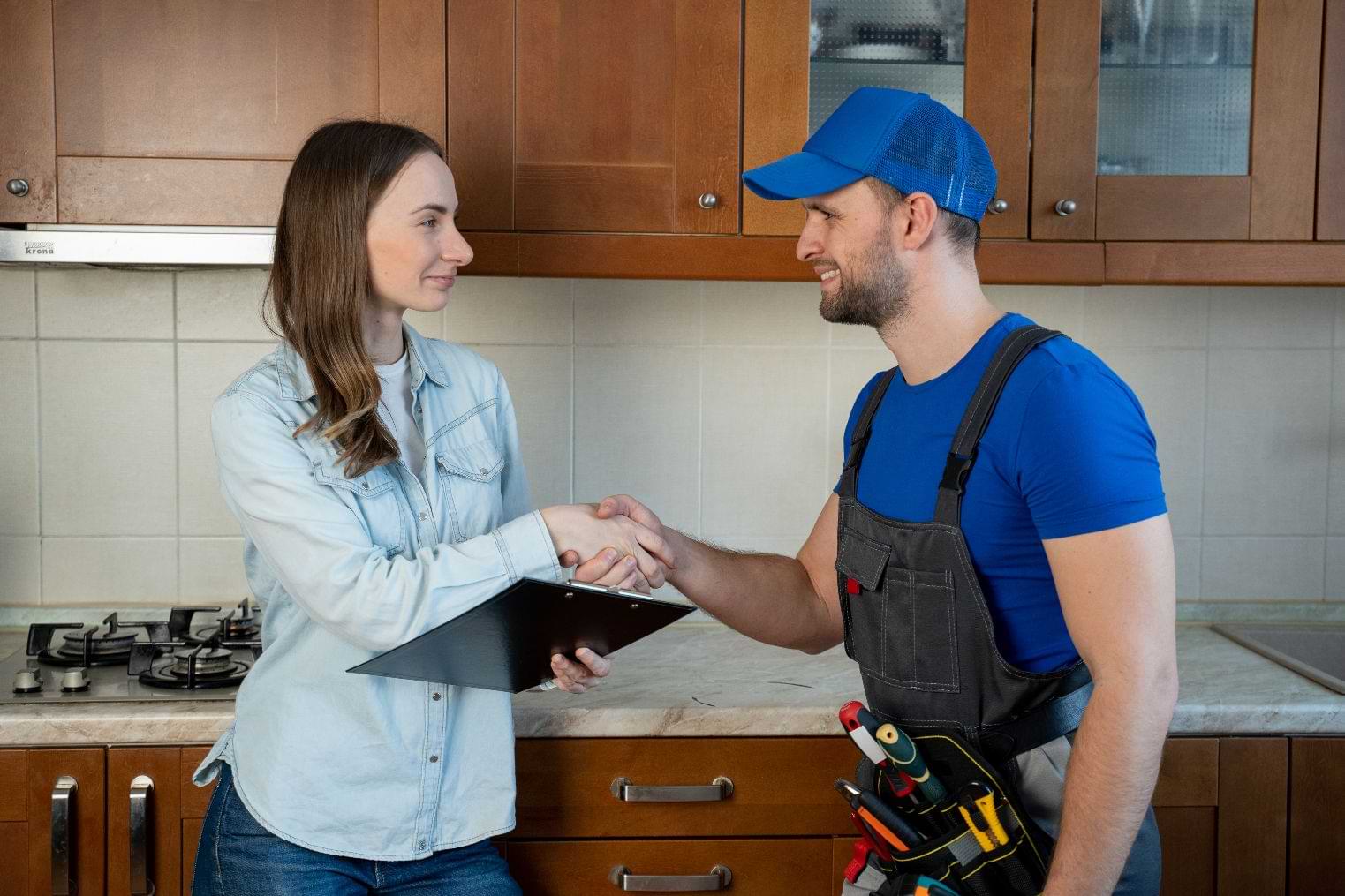
Using Workiz to manage your plumbing business better
Figuring out how to get a plumbing license is the first of many steps you need to take to run a successful and profitable business.
As well as your manual skills, you need to know how to effectively manage the day-to-day tasks, like finding customers, creating estimates, sending invoices, and getting paid.
Most professionals juggle countless programs, tools, and software that deal with these individual functions: Google Calendar for scheduling, Excel for tracking payments, Messenger for communication, and so on. Unfortunately, managing your business this way wastes precious time and is a drain on company resources.
Workiz is designed to eliminate your admin headaches by providing one easy-to-use platform that has everything you need to manage and grow your on-demand business.
With Workiz, your clients can book appointments online 24/7, which you can then assign to your team members in real-time using a one-click calendar system. Use Workiz to send text reminders, update lead information, communicate with your clients, and create job estimates and invoices in seconds from the office or the mobile app, by yourself, or while using Workiz’s automated features. Using WorkizPay, you can do everything from managing inventory to getting paid in the field.
Final thoughts on how to get a plumbing license in North America
How to get a plumbing license depends on your location, what license you want, and your current skill and experience level.
Since plumbing licenses are given by many different bodies with different demands, it’s best to check with your local authority before beginning an application process. How to get your plumbing license is easy when you’re armed with the right knowledge.
